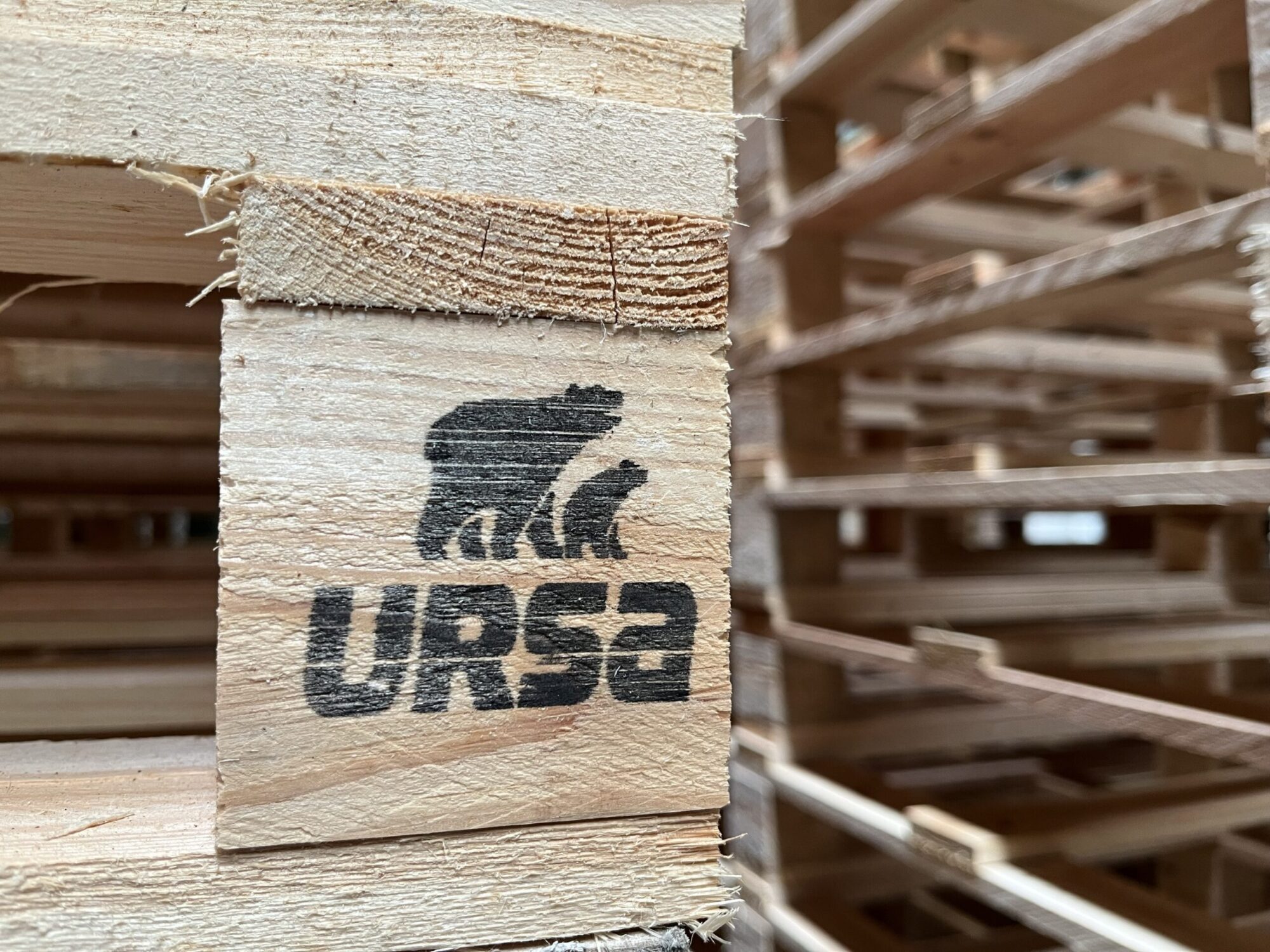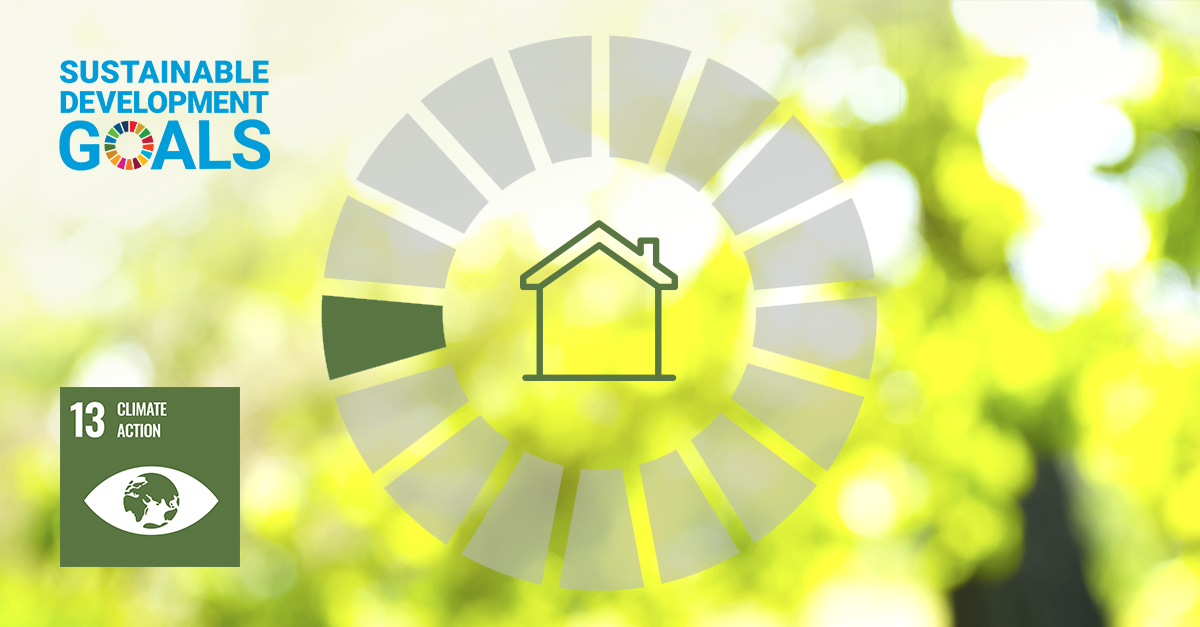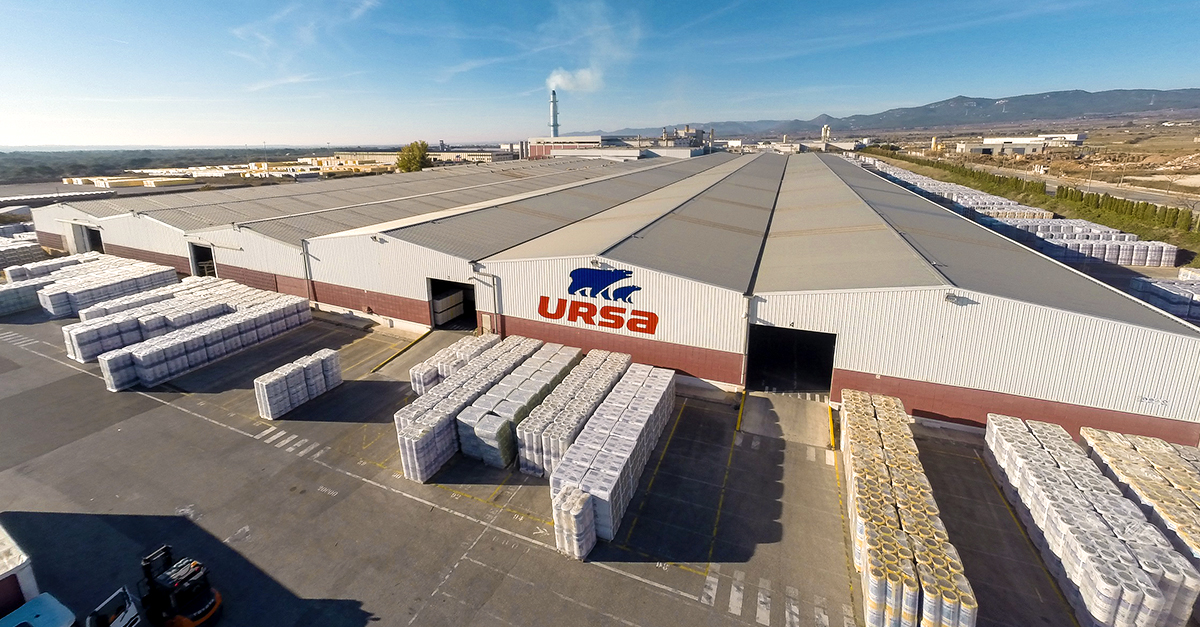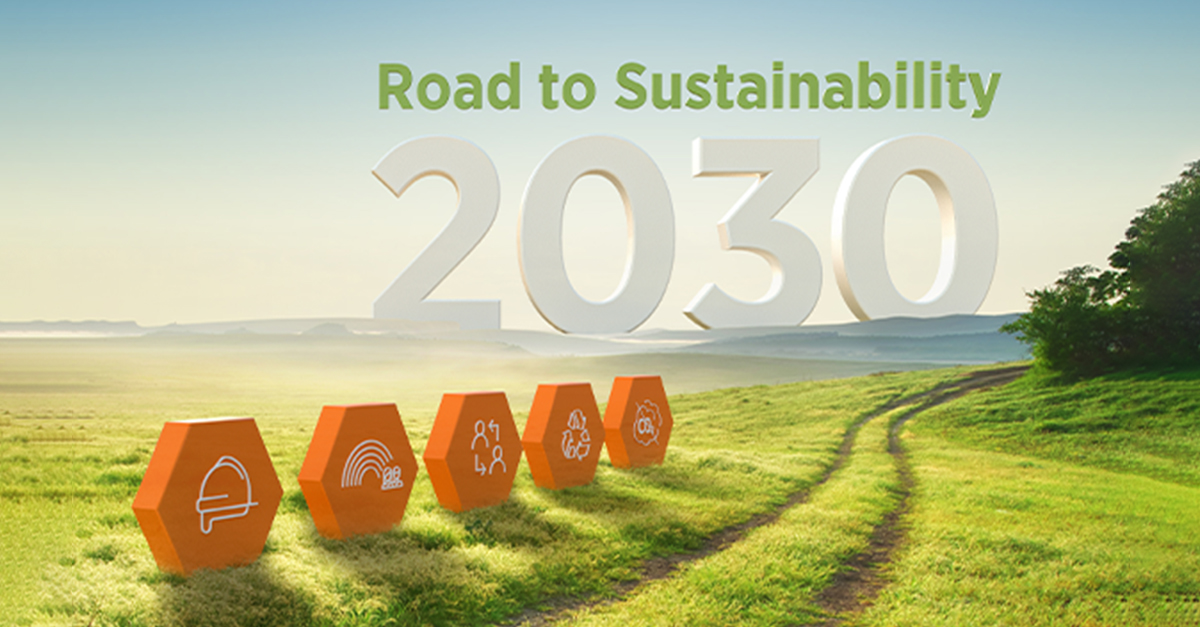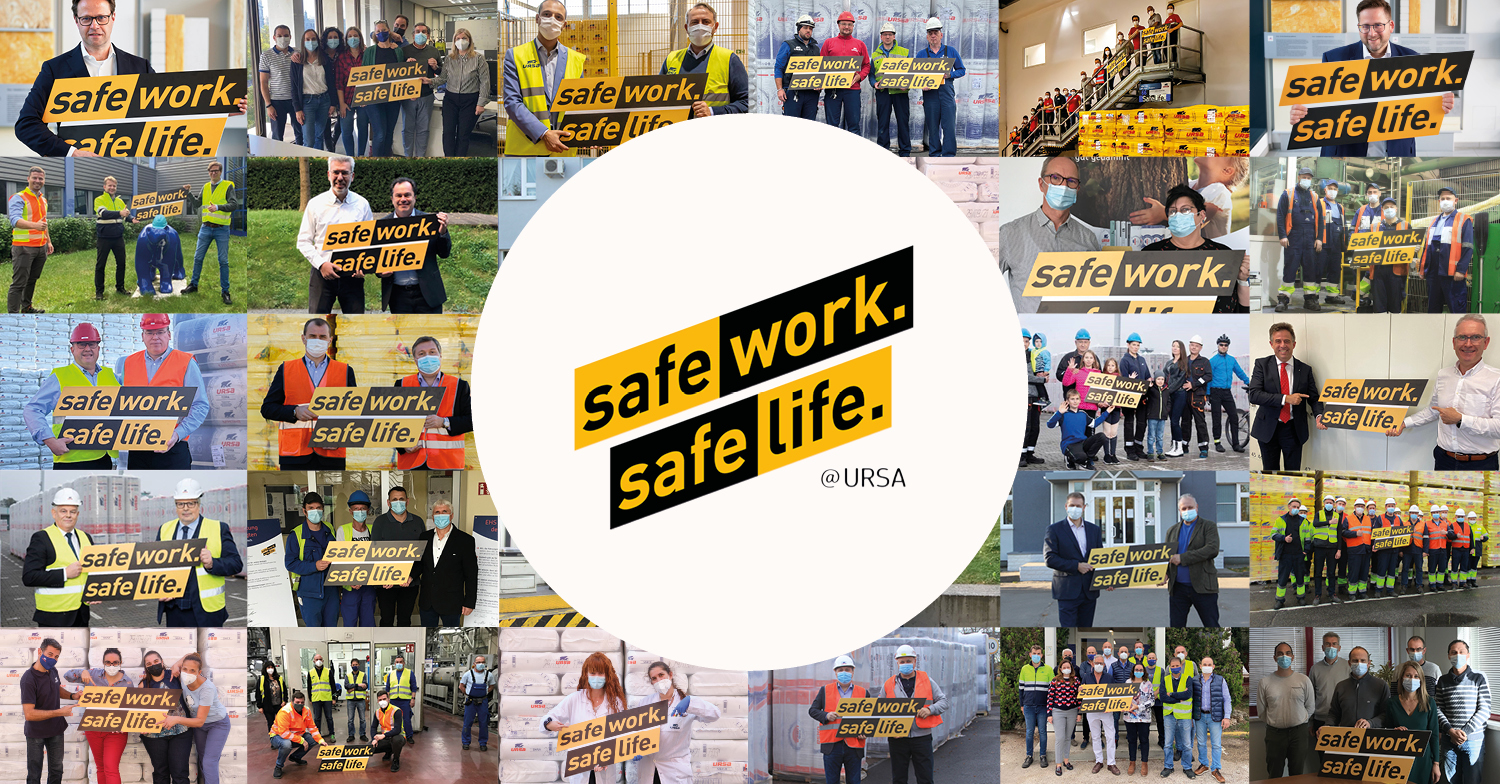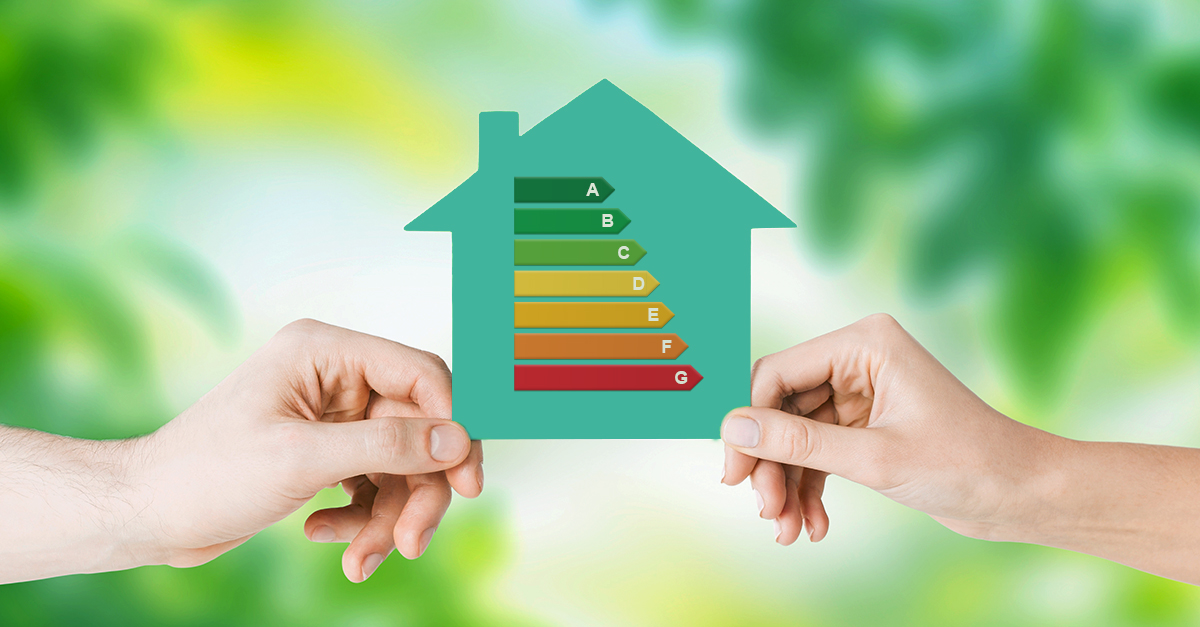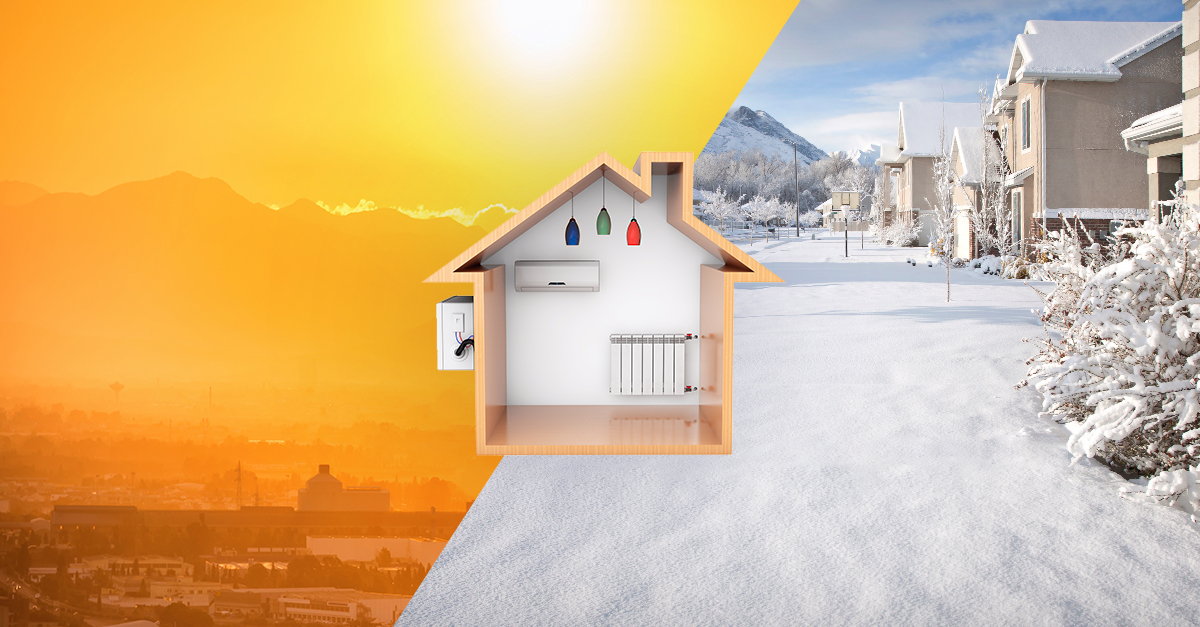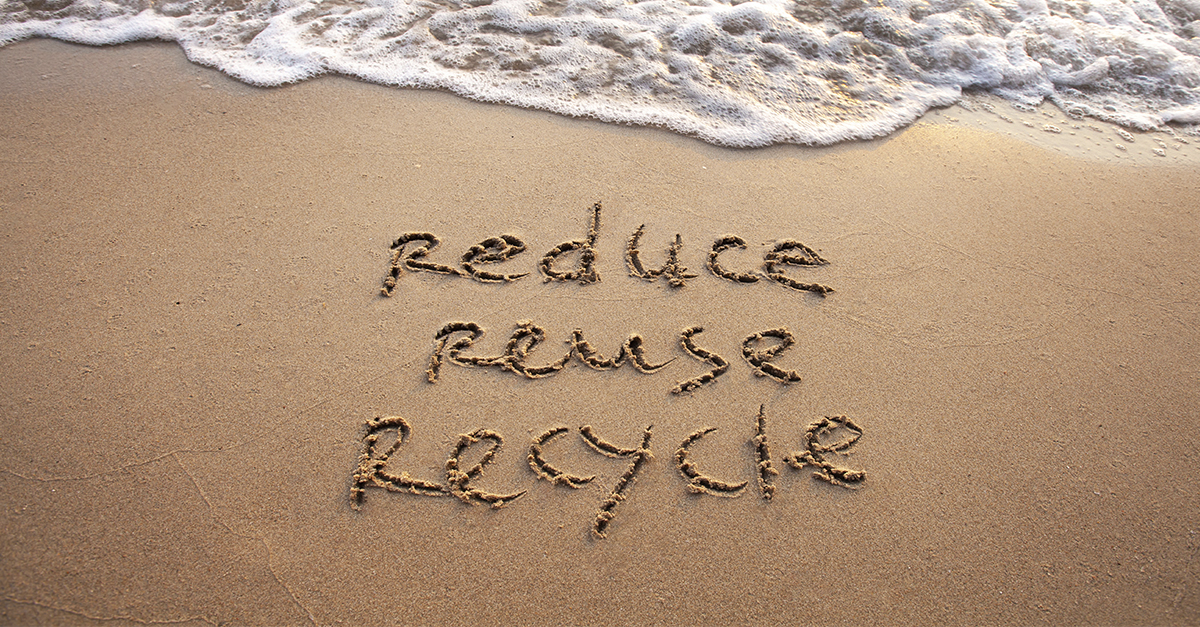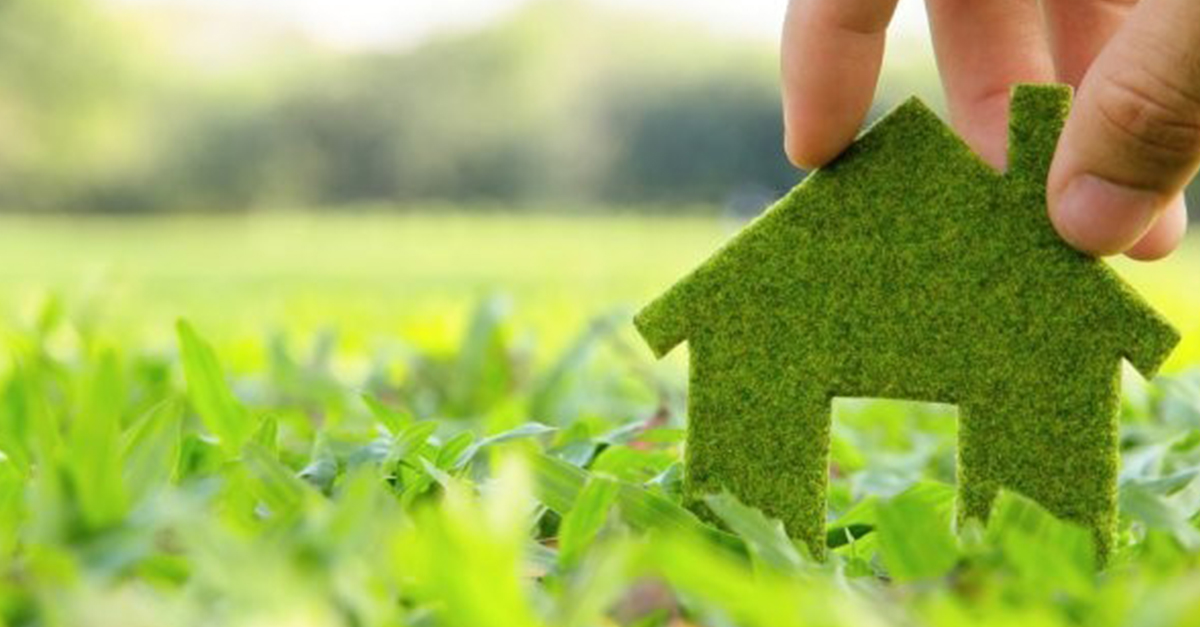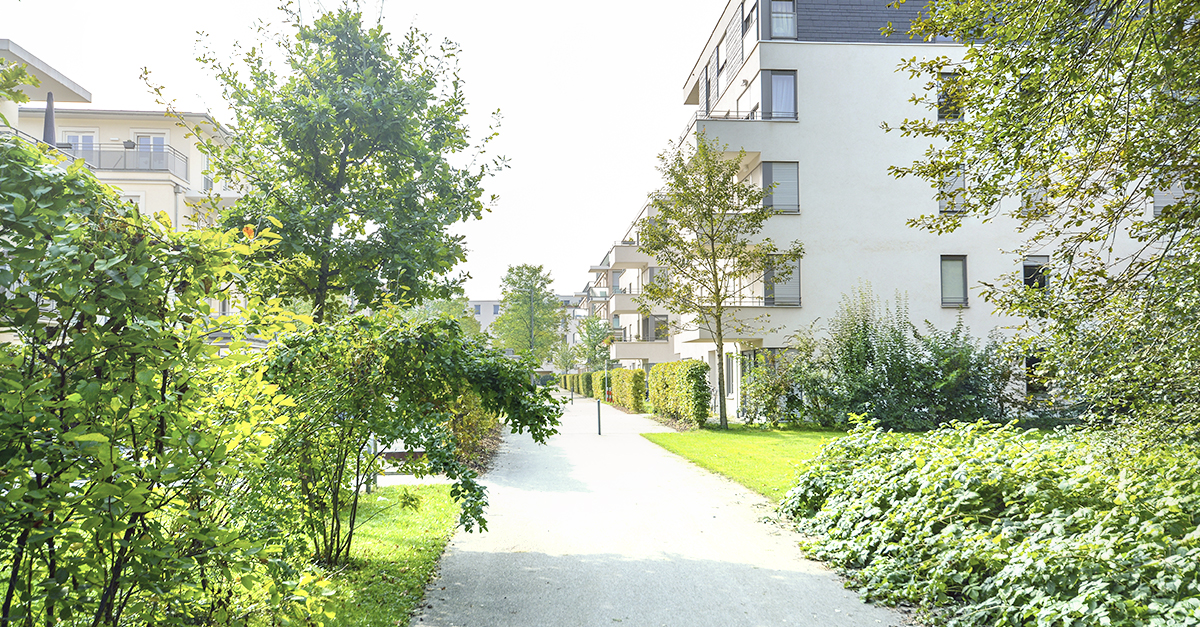URSA – the importance and impact of committing to sustainability
Companies that commit to sustainable practices are helping achieve climate targets. URSA uses life cycle analysis, recycling & upcycling, and has even built a solar power plant – all as part of the company’s ESG strategy and sustainability objectives.
Share

According to NASA, not only was 2022 the warmest year on record, the last nine years have been the warmest nine on record. Despite much talk and dedicated action, there is still much to do if we are to avoid the end consequences of climate change.
The EU’s Green Deal and Fit for 55 (2050 target of net-zero greenhouse gas emissions) are probably the bare minimum of necessary action, and yet they present a significant challenge. Businesses and sectors must act, not only to reduce emissions, address rising temperatures, etc. but to actively make the world a better place.
Doing nothing or doing the same as in the past are no longer rational options (if they ever were). At URSA, we know from first-hand experience how a business can be both successful and directly contribute to a more sustainable world. The same can be said of our parent company, Etex. In fact, as stated in Etex’s 2021 sustainability report, the acquisition of URSA was part of a larger ‘green’ strategy to offer the best in environmentally-friendly lightweight construction technologies and products. URSA’s approach to sustainability starts with our products.
Insulation boosts energy efficiency
An essential element of the EU’s 2050 roadmap for a low-carbon economy is energy efficiency in buildings – not surprising given that 40% of all energy consumed in the EU is used in buildings, much of it for heating and cooling. Insulation plays a critical role in keeping temperature control costs down and energy efficiency up. Our extruded polystyrene (XPS) and glass mineral wool products cover all insulation options in a building, including walls, roofs, and air conditioning ducts. Throughout their use phase, URSA products save between 200 and 600 times the energy generated during their manufacture, reducing the energy demand of buildings that use our products, and therefore reducing CO2 emissions and helping in the fight against climate change.
But that’s not enough for us – sustainability principles are embedded in our manufacturing processes. At URSA, we work to improve our environmental impacts, including optimization of energy and water resources during the production process, and monitoring the impacts of our insulation products through life cycle analysis (LCA).
In fact, our manufacturing efficiency means that the energy savings during the use phase of URSA insulation outweigh the energy needed for its production – that’s a net positive impact.
Sustainable links in a sustainable chain
World-class products are great, but sustainability means looking at the whole value chain – every step in the process from raw materials to delivering finished products to market or construction site. With that in mind, URSA implements circular economy strategies, such as:
- Use recycled materials – the main raw materials we use in our GW and XPS products are recycled from other industries, such as automotive. We’re on target to source 80% recycled materials for our glass mineral wool, and 50% for our XPS products, by 2030.
- Minimize the amount of internal leftovers that go to landfill (with a goal of reducing this to zero by 2030). What’s more, we also upcycle the GW and XPS leftovers by reusing them in the manufacturing process or by transforming them into new products. In this way, we prevent our production leftovers (such as cut-offs) from being wasted.
- Work with industrial customers on a take-back service to collect on-site installation cut-offs.
- We also strive to optimize our water usage, establishing a closed water cycle to minimize the use of this key resource.
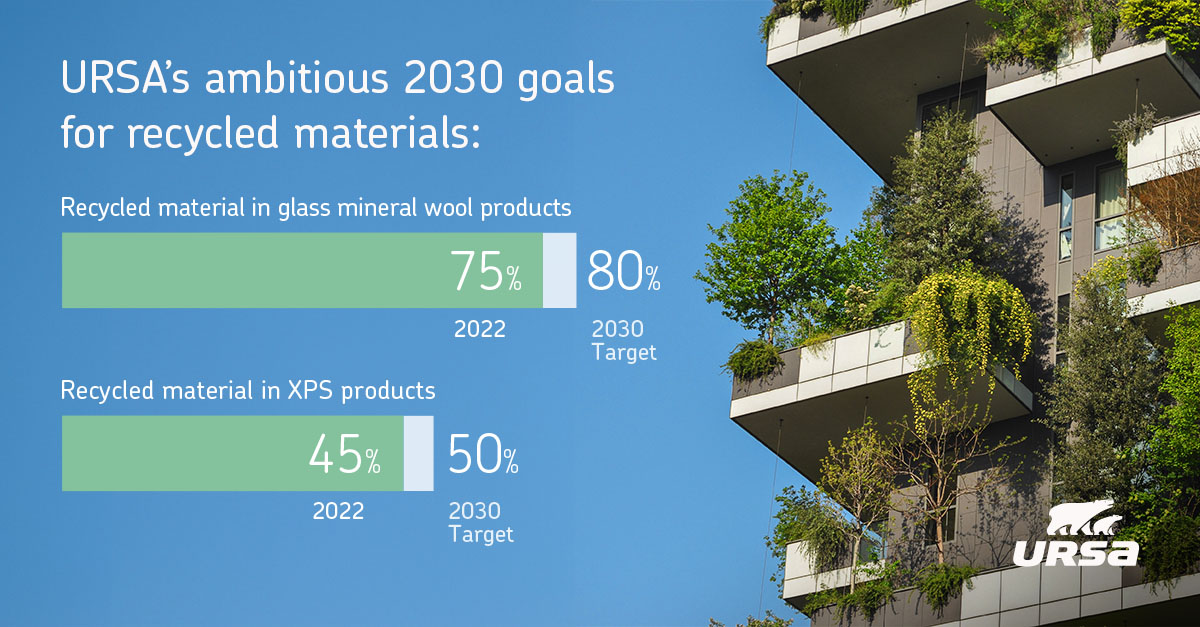

Furthermore, as part of URSA's commitment to sustainability in general and circular economy in particular, the company's implementation of the pallet return project in Germany aligns with its efforts to reduce the use of materials. This initiative, which was successfully launched in 2021 and is now being expanded organization-wide, reflects URSA's dedication to the global 3Rs principle of waste reduction, resource reuse, and recycling.
Similarly, URSA's latest project involving the installation of photovoltaic solar power panels in Spain and Belgium demonstrates the company's adoption of Trias Energetica's principles, promoting the utilization of renewable and sustainable energy sources.
Working towards energy self-sufficiency from renewable sources will mean a saving of 1,320 tons of CO2 emissions every year. This is all part of our ESG (environmental, social, and governance) strategy, in line with the Etex Group’s sustainability objectives.
Meeting sustainability standards
A key question for any sustainability strategy is how to know which targets to aim for. Firstly, URSA’s ESG strategy is fully aligned with the EU’s Green Deal – that ensures we are making our contribution and having an impact beyond just our industry sector. Secondly, we view the relevant international and local standards and targets for environmental good practice as our baseline. For example, some of URSA’s most sustainability-related achievements include:
- An EPD (environmental product declaration) from the Instytut Techniki Budowlanej for all our mineral wool products in Poland. Similarly, we have an EPD in Slovenia, and a sectorial EPD from Exiba (the European Extruded Polystyrene Insulation Board for our XPS products.
- A ‘Declaración Ambiental de Productos de Construcción’ (Spanish EPD equivalent) for mineral wool products in Spain.
- An FDES (French EPD equivalent) for our mineral wool products from INIES, the French national database of environmental and health declarations.
By constantly measuring our sustainability practices and products against independent standards, we ensure our products are at the forefront of environmental safety.
Our commitment to sustainability fuels our innovation
The purpose of standards and regulations is to address current issues of manmade climate change and to create more sustainable living conditions for all. However, if we are all to ‘save the planet’ we must do better than we have done in the past – in that sense, the urgency of working more sustainably can be used to drive progress and innovation. For example, our ESG goals have pushed URSA to undertake the solar power project in Spain and Belgium, as mentioned above. Our future plans include zero landfilling of product leftovers, ideally 100% circularity in our operations, moving away from carbon-intensive fuel use, and even operating our own subsidiary recycling company.
With almost 75% of the EU’s building stock being energy inefficient, there are huge opportunities for URSA to create value and boost sustainability.
Of course, all of this relies on people, both our talented workforce and our sustainability-minded customers. Internally, our goal is a healthy, safe, and diverse working environment.
This goes alongside our strong managerial commitment to sustainability principles, and a workforce that shares an environmental mindset. To spread this message throughout the company, we run continuous training sessions to emphasize and explain our ESG strategy, and the benefits of applying life-cycle assessment.
Looking outwards, we take a wider view of sustainability principles at the social level. URSA strives to create trusting, partnership-based and service-oriented relationships with all our customers and users. We not only measure our environmental impacts, we firmly believe in the global benefits of doing so.
Sustainable results come with a constant commitment
A true sustainability strategy is about more than a recyclable product or two. URSA aims to enable healthier, safer, and more sustainable dwellings and new builds by paying attention to every part of every process, meeting relevant standards both locally and internationally, and constantly looking for chances to improve.
As URSA’s General Manager for Spain & Portugal, Ramón Ros says, “We don't want sustainability strategies to be empty pieces of paper that remain in a drawer. Our commitment to sustainability is firm and we want to demonstrate it day after day.”
Share
Categories
Lastest news
Tags
- Accelerate Renovation
- Building Renovation
- Certification
- Circular Economy
- circulareconomy
- Climate change
- CO2 Reduction
- Comfort
- Deep renovation
- Descarbonization
- Diversity
- Energy efficiency
- Environment
- EPBD
- Equality
- ESG
- ETEX Group
- Eurima
- Green Deal
- Healthy Buildings
- Healthy homes
- Indoor air quality
- Industry
- innovation
- InspiringWaysOfLiving
- Insulation
- InternationalWomensDay
- LCA
- Mineral wool
- PrioritisePeople
- Recycle
- renewable energy
- Renovation Wave
- reuse
- Safe homes
- Safe life
- Safe work
- Safety
- Save
- Solidarity
- Sustainability
- Thermal insulation
- UN Sustainable Development Goals
- United Nations Global Compact
- UnitedToInspire
- URSA
- Ventilation
- waste
- We are URSA
- We are Xella
- Women
- WorldPolarBearDay
- Xella Group


